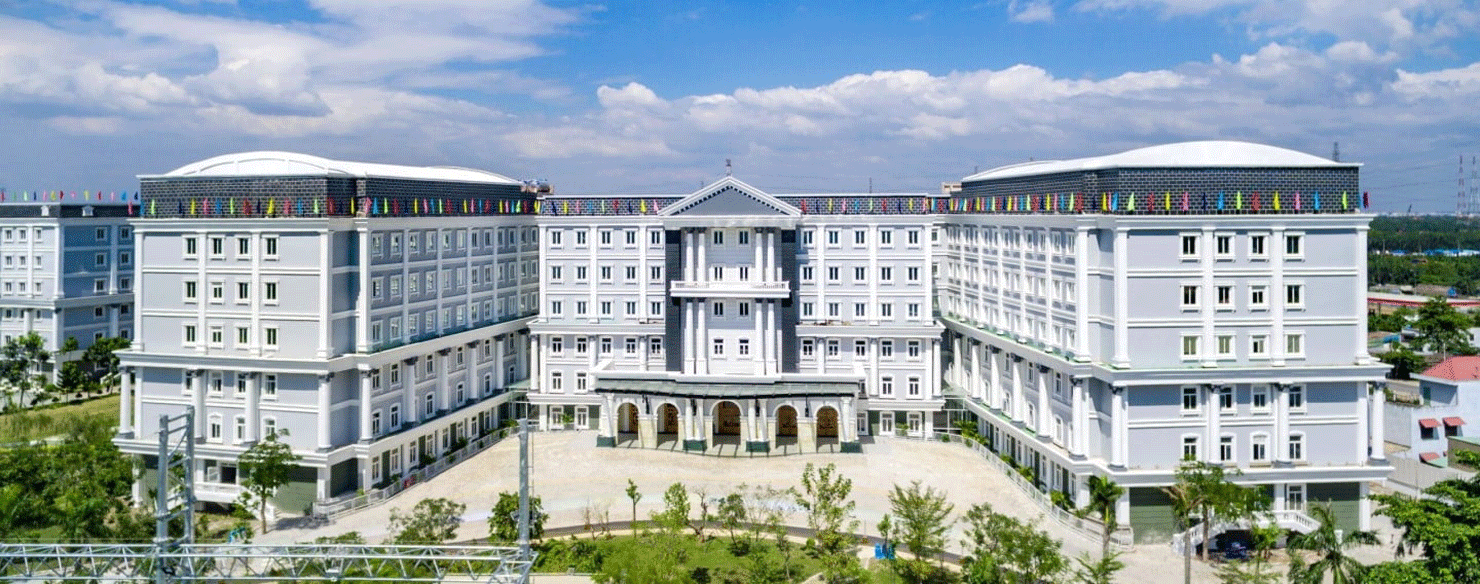
Mobilizing capital from parents has become popular, mostly applied by international schools. Instead of borrowing capital from banks, schools seek capital from parents under programs called an "education investment package". Parents lend money to schools at an interest rate of zero percent in exchange for tuition exemption for their children. The money is returned to parents when their children graduate from the schools.
At the American International School Vietnam (AISV), if parents lend VND2-5 billion to the school, they receive a free tuition package valid for 12 years with total value of VND7 billion.
It is estimated that more than 90 percent of parents have paid enough money for their children to study at the school, totaling VND3.2 trillion.
According to lawyers, the agreements on lending are civil contracts and do not violate current laws.
The lenders in the contracts are wealthy parents who can afford the high tuition of VND300-700 million a year. Many of them are businesspeople and they can weigh the pros and cons of the contracts.
The yield of the investment item could be up to 10-12 percent per annum, much higher than the profit they can expect from other investment channels, such as gold, US dollars, real estate, or bonds.
However, in this case, though 10-12 percent is an attractive profitability rate, the risk they face is also higher.
The lending of money by parents to the school is an unsecured loan. The school did not have to mortgage any assets for the loans, and parents lent money based on the belief that the school is capable of paying the principal and interest.
The good facilities of the school, the well-trained teaching staff, foreign managerial officers, international curriculum, and well-designed environment prompted parents to make the transaction.
Ngo Thanh Huan, CEO of FIDT, a consultancy and asset management firm, said the biggest problem in this case is the lack of collateral. He added that the transaction is "beneficial for school and disadvantageous for parents".
Analysts say that the transaction between the school and parents puts parents at a disadvantage, and the promised profit is modest compared with the risk they face.
The question is why parents could not anticipate the risks. Huan said Vietnamese are always among the top victims of financial fraud in the world because financial education has been neglected for many years. Students are not taught what they need to do with money and how to plan personal financing.
According to Huan, many Vietnamese adults cannot tell the difference between shares and bonds, while these concepts are included in developed countries.
Vietnamese parents believe that lending will benefit them because they will not have to worry about tuition increases despite inflation.
Schools with feasible business plans would rather borrow money from banks to enjoy better interest rates in the medium and long term. If schools seek capital from parents rather than from commercial banks, they might not have enough assets to mortgage for loans or have feasible business plans.
He said that AISV "played it safe" in this case: it can mobilize a large amount of capital, and not worry about revenue and the number of students.
Unlike other borrowers, the school doesn’t need to report its business results periodically. It has no supervision over the use of the capital.
That is why not only AISV but other schools apply this model.
Huan said that parents were too naïve when lending capital without requiring collateral, mostly because of their lack of knowledge about financial investments.
Manh Ha